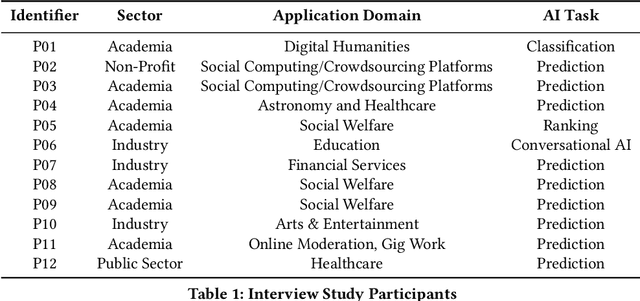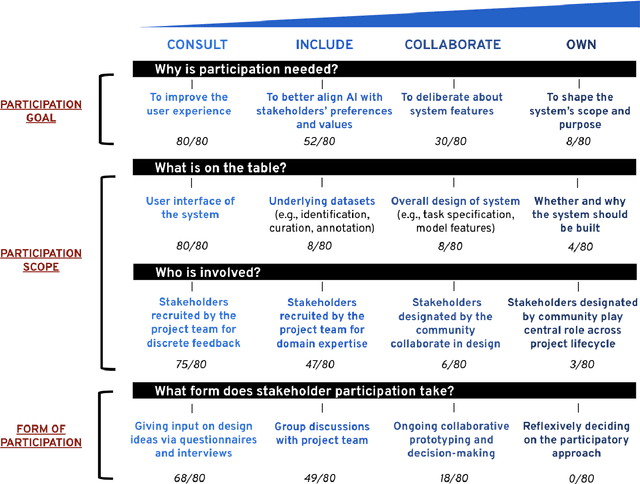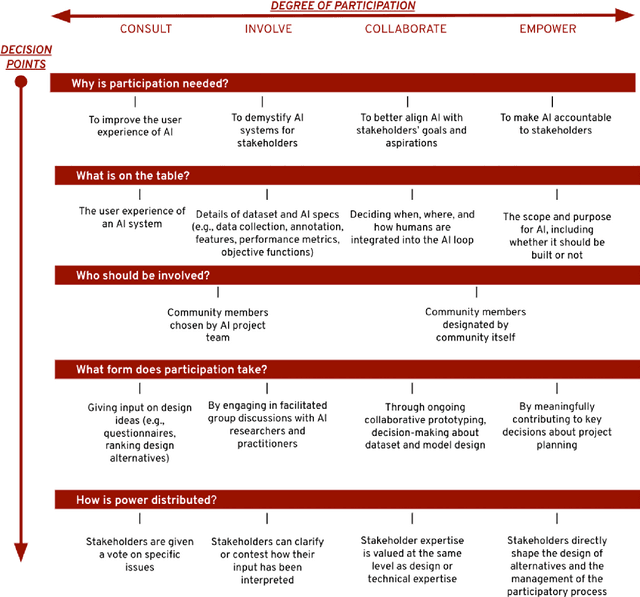Fernando Delgado
Machine Unlearning Doesn't Do What You Think: Lessons for Generative AI Policy, Research, and Practice
Dec 09, 2024



Abstract:We articulate fundamental mismatches between technical methods for machine unlearning in Generative AI, and documented aspirations for broader impact that these methods could have for law and policy. These aspirations are both numerous and varied, motivated by issues that pertain to privacy, copyright, safety, and more. For example, unlearning is often invoked as a solution for removing the effects of targeted information from a generative-AI model's parameters, e.g., a particular individual's personal data or in-copyright expression of Spiderman that was included in the model's training data. Unlearning is also proposed as a way to prevent a model from generating targeted types of information in its outputs, e.g., generations that closely resemble a particular individual's data or reflect the concept of "Spiderman." Both of these goals--the targeted removal of information from a model and the targeted suppression of information from a model's outputs--present various technical and substantive challenges. We provide a framework for thinking rigorously about these challenges, which enables us to be clear about why unlearning is not a general-purpose solution for circumscribing generative-AI model behavior in service of broader positive impact. We aim for conceptual clarity and to encourage more thoughtful communication among machine learning (ML), law, and policy experts who seek to develop and apply technical methods for compliance with policy objectives.
The Participatory Turn in AI Design: Theoretical Foundations and the Current State of Practice
Oct 02, 2023


Abstract:Despite the growing consensus that stakeholders affected by AI systems should participate in their design, enormous variation and implicit disagreements exist among current approaches. For researchers and practitioners who are interested in taking a participatory approach to AI design and development, it remains challenging to assess the extent to which any participatory approach grants substantive agency to stakeholders. This article thus aims to ground what we dub the "participatory turn" in AI design by synthesizing existing theoretical literature on participation and through empirical investigation and critique of its current practices. Specifically, we derive a conceptual framework through synthesis of literature across technology design, political theory, and the social sciences that researchers and practitioners can leverage to evaluate approaches to participation in AI design. Additionally, we articulate empirical findings concerning the current state of participatory practice in AI design based on an analysis of recently published research and semi-structured interviews with 12 AI researchers and practitioners. We use these empirical findings to understand the current state of participatory practice and subsequently provide guidance to better align participatory goals and methods in a way that accounts for practical constraints.
An Uncommon Task: Participatory Design in Legal AI
Mar 08, 2022Abstract:Despite growing calls for participation in AI design, there are to date few empirical studies of what these processes look like and how they can be structured for meaningful engagement with domain experts. In this paper, we examine a notable yet understudied AI design process in the legal domain that took place over a decade ago, the impact of which still informs legal automation efforts today. Specifically, we examine the design and evaluation activities that took place from 2006 to 2011 within the TeXT Retrieval Conference's (TREC) Legal Track, a computational research venue hosted by the National Institute of Standards and Technologies. The Legal Track of TREC is notable in the history of AI research and practice because it relied on a range of participatory approaches to facilitate the design and evaluation of new computational techniques--in this case, for automating attorney document review for civil litigation matters. Drawing on archival research and interviews with coordinators of the Legal Track of TREC, our analysis reveals how an interactive simulation methodology allowed computer scientists and lawyers to become co-designers and helped bridge the chasm between computational research and real-world, high-stakes litigation practice. In analyzing this case from the recent past, our aim is to empirically ground contemporary critiques of AI development and evaluation and the calls for greater participation as a means to address them.
Stakeholder Participation in AI: Beyond "Add Diverse Stakeholders and Stir"
Nov 01, 2021
Abstract:There is a growing consensus in HCI and AI research that the design of AI systems needs to engage and empower stakeholders who will be affected by AI. However, the manner in which stakeholders should participate in AI design is unclear. This workshop paper aims to ground what we dub a 'participatory turn' in AI design by synthesizing existing literature on participation and through empirical analysis of its current practices via a survey of recent published research and a dozen semi-structured interviews with AI researchers and practitioners. Based on our literature synthesis and empirical research, this paper presents a conceptual framework for analyzing participatory approaches to AI design and articulates a set of empirical findings that in ensemble detail out the contemporary landscape of participatory practice in AI design. These findings can help bootstrap a more principled discussion on how PD of AI should move forward across AI, HCI, and other research communities.
 Add to Chrome
Add to Chrome Add to Firefox
Add to Firefox Add to Edge
Add to Edge